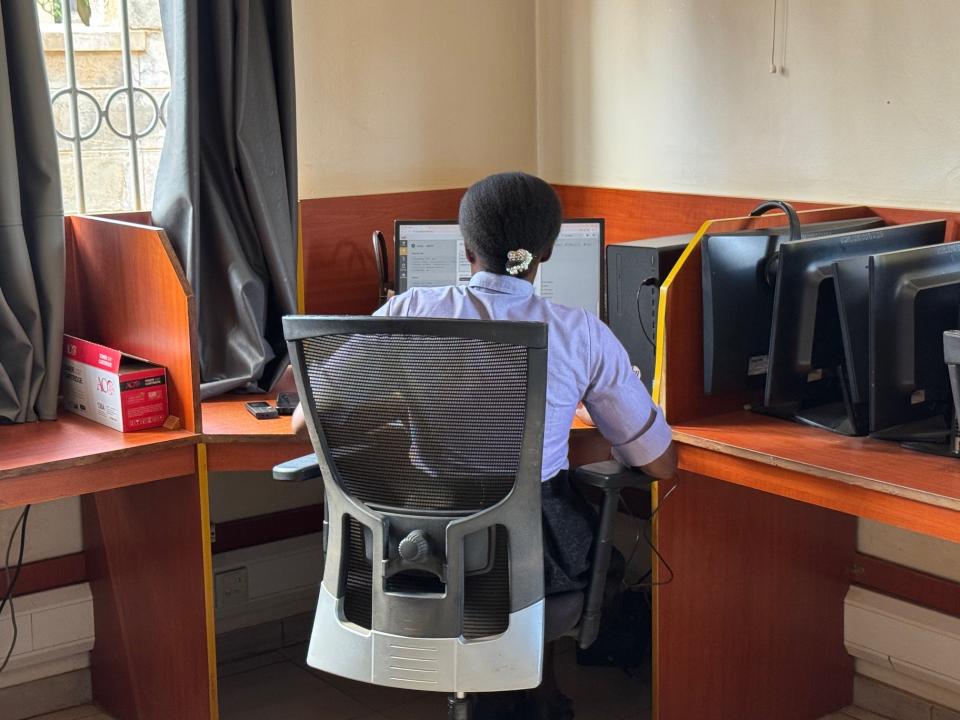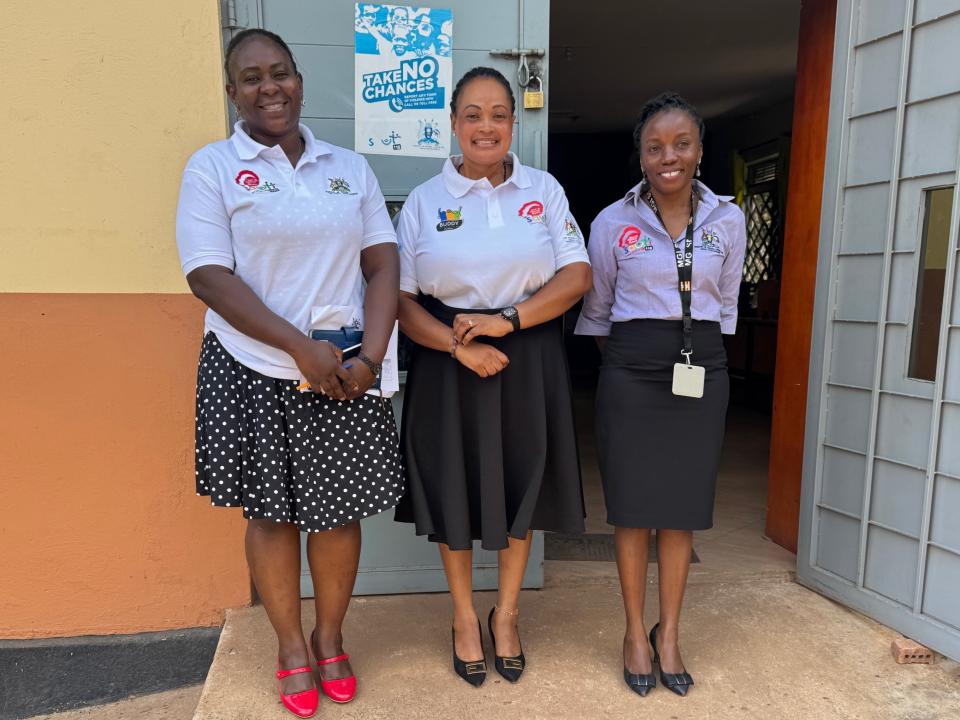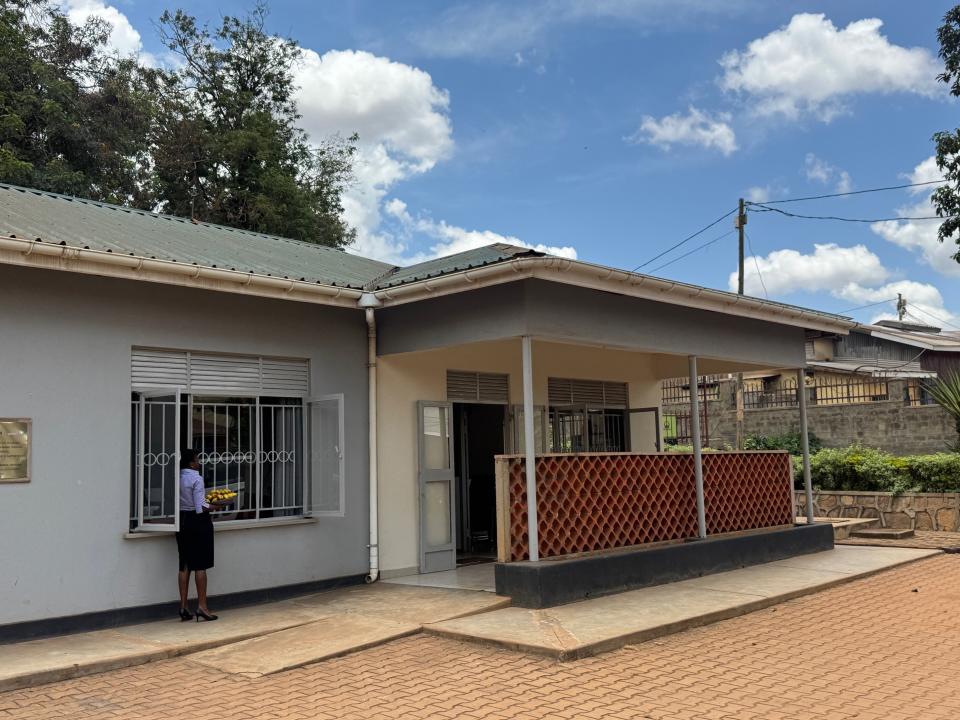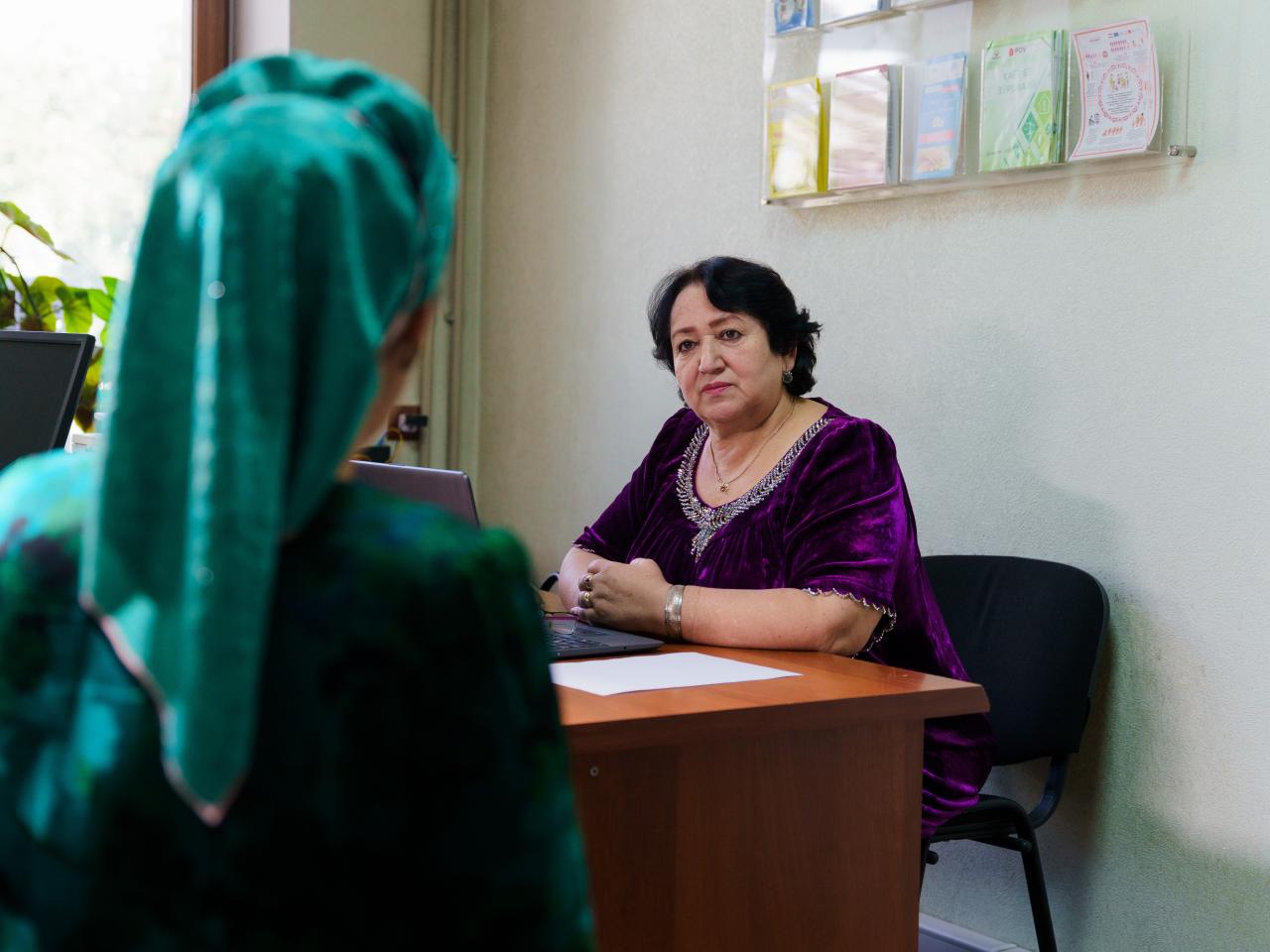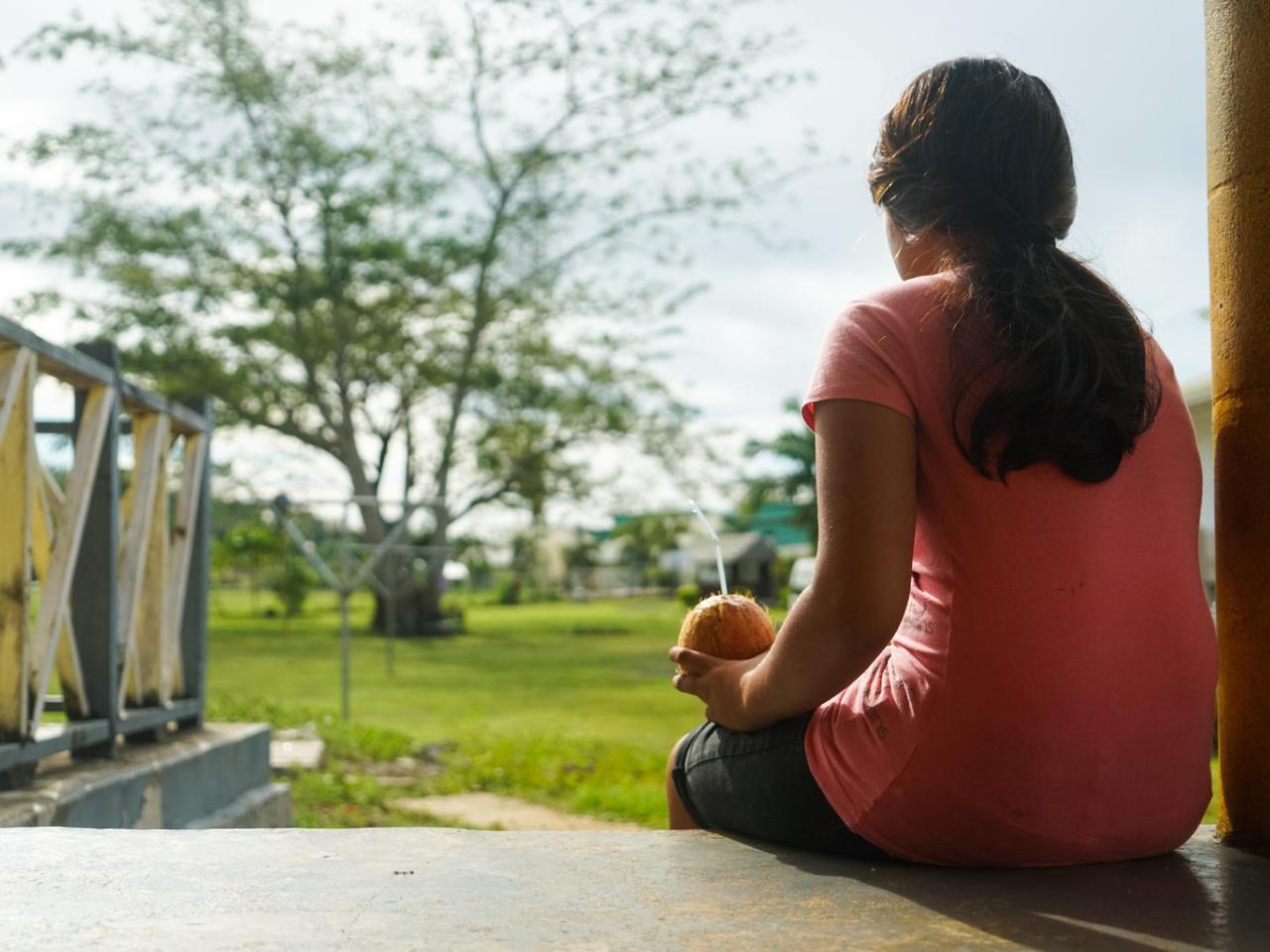From helpline to lifeline: Sauti 116 supports children and adults in Uganda
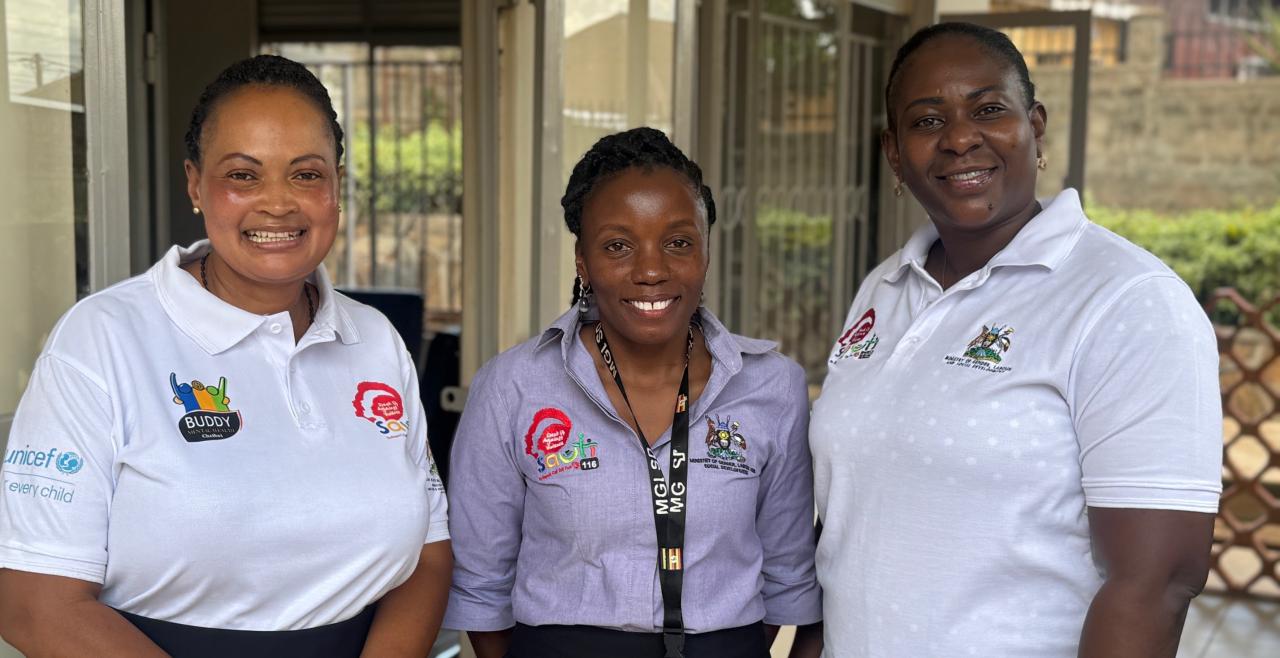
WAKISO DISTRICT, Uganda - Each day, over 1,025 calls come through a single number: 116. This is Sauti, Uganda’s national call and case management centre which provides 24/7 support to children and survivors of gender-based violence (GBV).
Meaning “voice” in Kiswahili, Sauti began as a child protection line in 2013 with support from UNICEF. Now, it is run by Uganda’s Ministry of Gender, Labour and Social Development, with strategic support from Spotlight Initiative.
Sauti isn’t just a call centre, it’s a lifesaving network. The centre in Kireka, Wakiso District is staffed by people from different regions, ensuring multiple languages are available to callers. Counsellors are trained to handle emergencies ranging from child neglect (49 per cent of cases) to physical abuse (29 per cent) and sexual abuse (19 per cent).
A growing number of male survivors are also using Sauti.
“[Men] are beginning to call because they know this is a safe space,” says Sarah Nahabi, the call centre’s manager.
Each call is logged, triaged, and when necessary, escalated for urgent intervention.
“A child once read their will to me over the phone,” shared one counsellor. In moments like these, counsellors must act fast. They coordinate directly with social workers, hospitals or police at the district level to protect and reach the child and their families.
In 2021, Sauti expanded its scope to include adults and broader forms of GBV alongside violence against children cases.
With Spotlight Initiative’s support, the platform continues to evolve. It now includes a chatbot, designed for and by adolescents. The chatbot is there to provide advice and support to users. It triggers an immediate connection to a call centre counsellor when key terms like "suicide" or "abuse" are used. Since its launch in July 2024, the chatbot has grown to cover a range of topics selected by teenagers, from mental health and puberty to Ebola and sexual and reproductive health and rights. Even basic button phones can access the system, making it easier to use for children and adolescents without smartphones.
Every call, even the silent ones, are tracked and recorded. Real-time data allows Sauti, the Ministry and its partners across over 100 districts to respond quickly to emergency cases and changing situations. This could be a rising risk of child marriage, female genital mutilation or a mental health crisis. Sauti’s data collection system means that if reports of child marriage spike in a certain district, awareness campaigns and support can be targeted to that area.
But all of this work is costly. Each case, from phone call and intake to follow-up, can amount to nearly 1 million Ugandan shillings (around US$290). Right now, Sauti relies on diverse funding sources, including Spotlight Initiative, to do its work. However, global aid cuts have created uncertainty and fear for the service's future among staff. “What happens if we wake up and the donor support is gone?” Ms. Nahabi asks.
In spite of this, the Sauti team remains committed to helping thousands of survivors across the country.
Case managers share the recent story of a girl who had been taken from her family for child marriage. Sauti’s integrated network of case workers were able to safely return her home and support her re-enrollment in school.
The team are happy, exchanging stories of success and impact.
“People sometimes call us back to appreciate us and say thank you,” Ms. Nahabi shares. “That is when I am most proud.”
By Flo Carson

